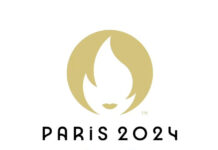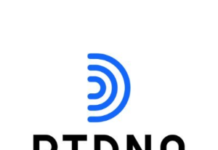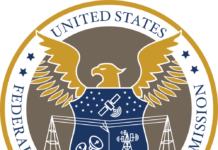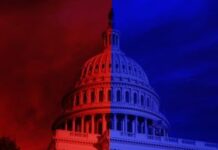
Google recently reached a settlement with the state of Texas, putting an end to a lawsuit over deceptive radio ads promoting the Pixel 4 series smartphones. The ads, which featured iHeartMedia talent testimonials, falsely claimed that the endorsers had used and loved the phone’s Night Sight feature. In reality, the talent had never actually used the phones, as they had not yet been released at the time. Google settled the lawsuit for $8 million, following a previous $9 million settlement with the Federal Trade Commission for the same offense.
In a past “Ask the Attorney” feature, John Garziglia discussed the FTC and FCC endorsement rules that can keep your stations, talent, and clients out of legal trouble.
Radio personalities giving testimonials for a product or service raise regulatory compliance issues under both Federal Trade Commission and Federal Communications Commission rules and policies. Both the FTC and FCC have long required that compensation received, including free products, for an on-air testimonial be revealed. Digital media, including blogs, social media, and web content, are also included into FTC testimonial guidelines.
Simply put, an on-air testimonial endorsement of a product or service, whether in an advertisement, in program content, or in a talk show, requires that consideration received in connection with it be disclosed. Additionally, the testimonial must not be false, deceptive, or misleading.
Let’s see how these endorsement rules translate into practice for hard-working radio personalities. A radio personality visits a ski resort and gets free lift tickets because the ski resort thinks the personality may talk on the air about their great experience. Indeed, the radio personality returns to the air the next day and does several bits about skiing, naming the ski resort. Both the FTC guidelines and the FCC’s sponsorship ID rules require that the receipt of the free ski lift tickets be revealed to the radio listeners.
If the ski resort has made a buy on the radio station and the radio personality is being asked to voice a spot with a testimonial, this is where FTC guidelines kick in. In giving his or her testimonial of the great skiing, the radio personality must keep in mind that he or she must have personally experienced the great skiing, and the radio personality must give an honest assessment (i.e. saying it was great powder if, in fact, the ground was mostly bare is a no-no).
With endorsements and testimonials, the FCC is still the greater enforcement worry for the pursuit of sponsorship ID violations over the FTC. Any on-air endorsement or mention of an advertiser’s product or service in exchange for consideration either to the air personality or to the radio station must have a sponsorship identification. Any live read that does not appear to a normal listener to be an advertisement, but actually is an advertisement, should be tagged with an explicit sponsorship ID.
If an air personality receives a free product or payment for broadcast content, and it is not revealed on the air, that is the classic definition of payola or plugola, depending upon whether what is being plugged is music or another product. It is a significant violation of Section 73.1212, the FCC’s sponsorship identification rule.
If a radio station is contemplating an advertising campaign in which its air personalities deliver testimonials about products or services, particularly about investments, gold, or medical devices or services, it is prudent to search on the FTC’s website for its rules and guidelines regarding endorsements and testimonials and to engage legal counsel familiar with the FTC’s endorsement rules. While the FTC puts most of the burden on advertisers for compliance with its rules, no radio station wants to be caught up in an FTC investigation of false or misleading testimonial claims.
The settlement between Google and Texas emphasizes the significance of honesty and transparency in advertising, particularly in talent endorsements. Broadcasters should be vigilant in verifying the authenticity of their ad content, disclosing any considerations received, and following the FTC guidelines. By adhering to these rules, radio can uphold consumer trust and avoid potential legal repercussions.
John Garziglia is a retired communications attorney with almost 40 years of experience. He practiced at Womble Bond Dickinson. Read John’s Radio Ink archives here.









I think on-air personalities also have to be careful at certain live remote situations. Certainly, the sponsor made the buy with the station, but talent should be careful to not sound like an endorsement of a product they’ve never tried or are trying to sell. Right?